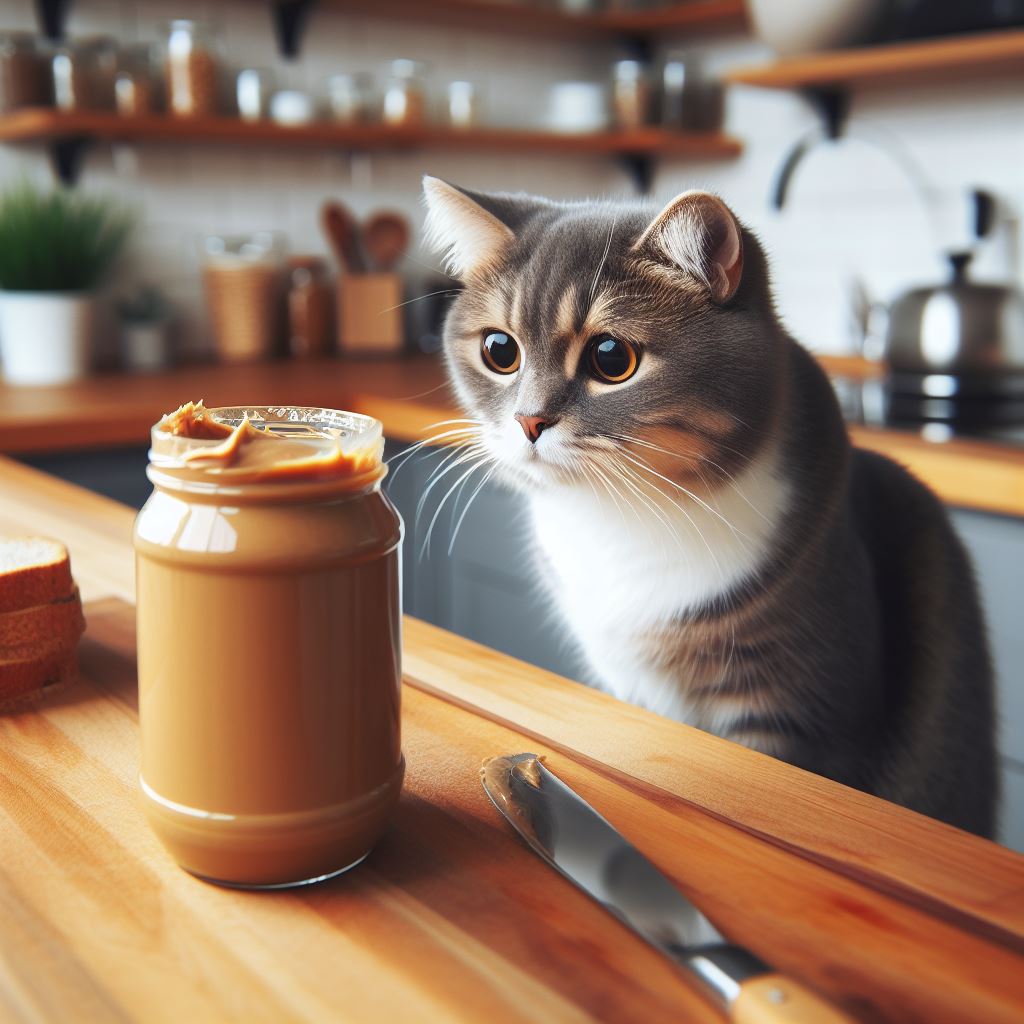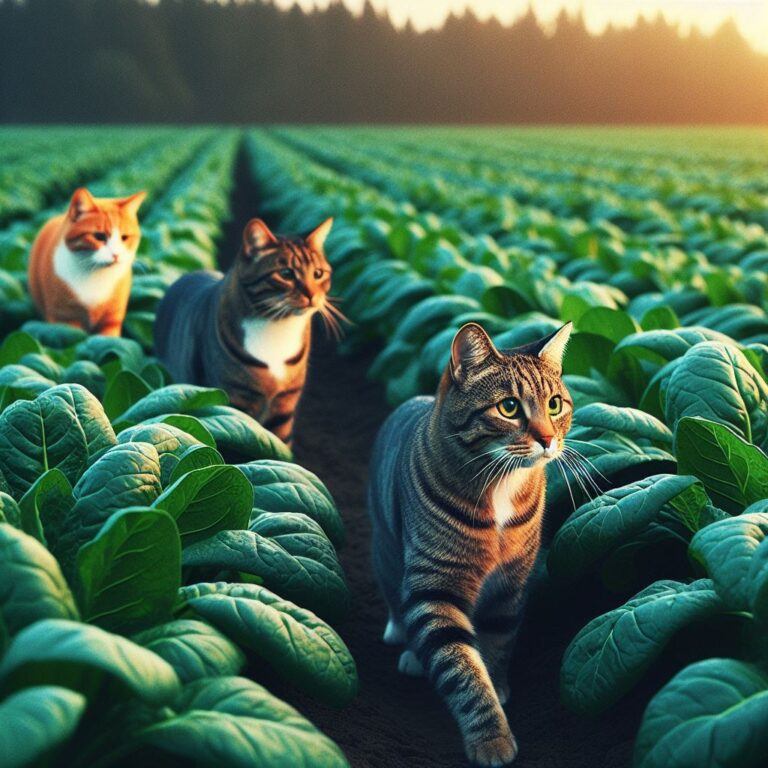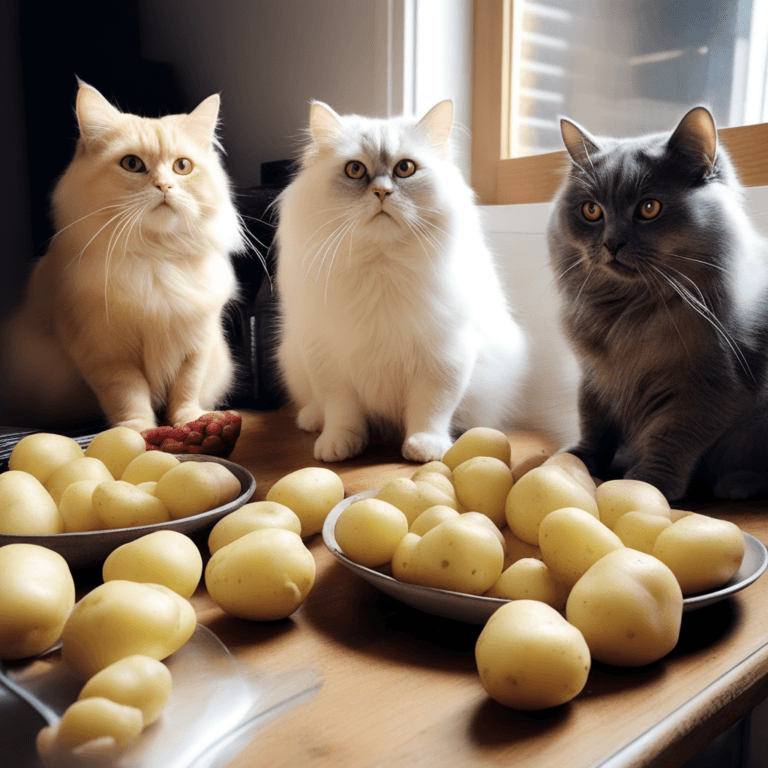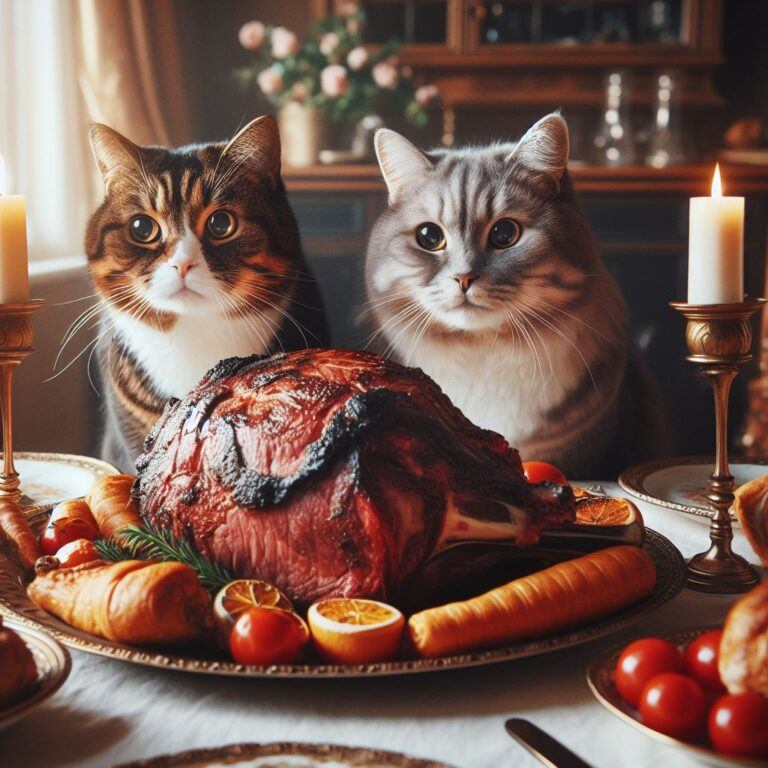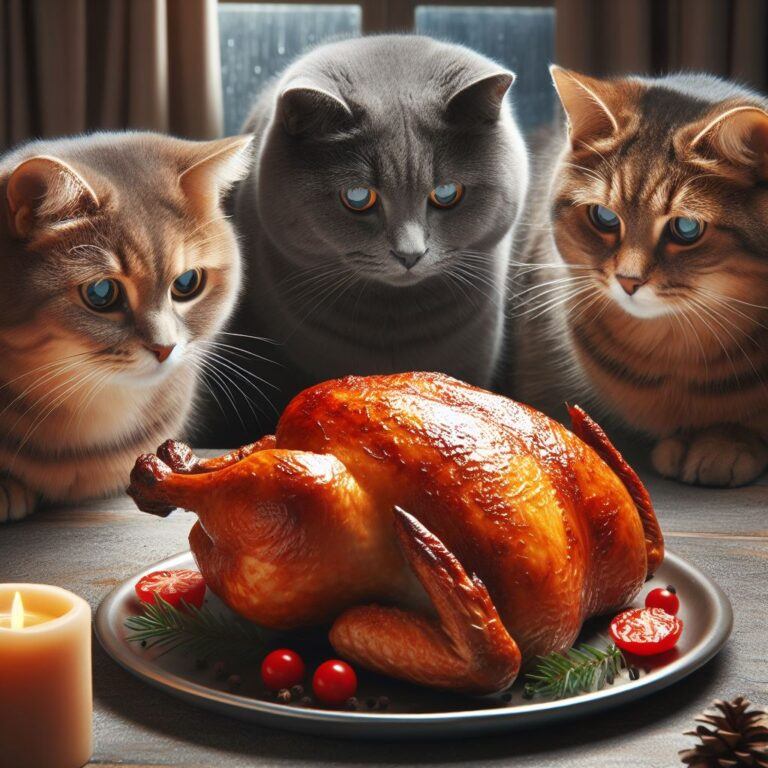Can Cats Safely Eat Peanut Butter
Are you wondering if you can share your peanut butter-laden spoon with your feline friend? I must emphasize that while cats CAN eat peanut butter in MINUSCULE amounts on uncommon occasions, it’s generally not recommended.
Peanut butter doesn’t support the dietary needs of your cat. As obligate carnivores, cats thrive on meat, not nuts or legumes. Peanut butter offers no nutritional benefits to them and might even do more harm than good because of its high fat content. Pair that with the potential for allergic reactions, and you’ve got enough reason to be wary.
Now, you wouldn’t want to put your cat’s health at risk, right? While some cats might find this sticky treat appealing, it’s vital to resist those pleading eyes. I understand it’s tempting to offer human treats to your pet, but considering their well-being must come first.
With this definitive answer in mind, let’s explore why dabbling in peanut butter as a treat for cats isn’t a stellar idea. In the following section, we’ll delve into the risks associated with peanut butter, highlighting why it’s best kept away from your kitty’s diet.
Understanding the Risks of Feeding Your Cat Peanut Butter
Cats have specific nutritional needs that differ substantially from those of humans. They require a diet high in protein from animal sources. A substance such as peanut butter, a plant-based product, not only is inappropriate for their dietary needs but also poses several risks.
The first concern is the high fat and calorie content of peanut butter, which can contribute to obesity. Cats have small bodies, so even a small amount of peanut butter can significantly exceed their daily calorie needs, leading to unhealthy weight gain and associated health issues such as diabetes.
Another major health risk is xylitol, an artificial sweetener that’s often found in peanut butter and other human foods. It’s extremely toxic to cats and can cause liver failure and hypoglycemia.
Always read labels carefully to ensure peanut butter is xylitol-free, even though it remains an unsuitable treat for cats.
Furthermore, plant-based proteins like those found in peanut butter are not easily digested by cats, who have evolved to metabolize protein from animal sources. Feeding them plant-based proteins can lead to digestive discomfort or more severe gastrointestinal issues.
Lastly, peanut butter’s sticky texture poses a choking risk and can clog a cat’s mouth or throat. Even cats that show interest in peanut butter may not understand the risk it poses to them. Additionally, cats can be allergic to nuts, and introducing them to peanut butter may trigger a dangerous allergic reaction.
Healthier Alternatives to Peanut Butter for Your Feline Friend
When it comes to pampering your cat with a treat, skip the peanut butter. There’s a multitude of cat-friendly options that cater to their carnivorous needs and support their health.
The best choices are those that mirror what they’d eat in the wild. Simple, pure proteins like cooked chicken or turkey are not only safe but also beneficial for your cat, providing essential nutrients without unnecessary additives.
Commercial cat treats are formulated specifically for feline dietary needs. They often come enriched with vitamins and minerals, making them a smarter option over human foods. Just remember, moderation is key. Overindulging your pet can lead to weight gain and associated health risks.
A cat’s diet should be well-rounded and balanced. Quality commercial cat food is designed to meet all of their nutritional needs. If you’re eager to give your cat something extra, small portions of cooked meats or special cat grass can add variety to their routine without the health concerns peanut butter might bring.
I advise consulting with a veterinarian for guidance on your cat’s diet, especially when introducing new foods. A professional can provide personalized advice that considers your cat’s unique health profile and lifestyle.
Lastly, treats play an essential role beyond nutrition. They are valuable tools for training and can strengthen the bond between you and your feline companion. When you offer treats, ensure they contribute to your cat’s overall well-being, fostering a happy, healthy life together.

